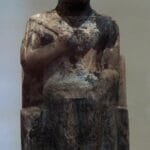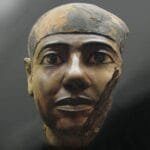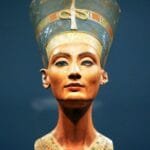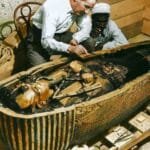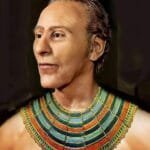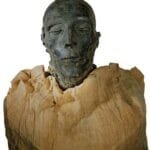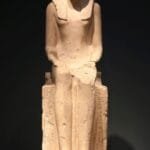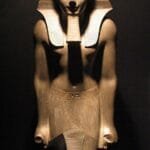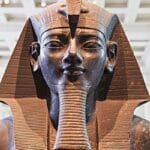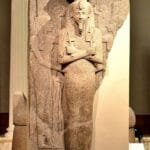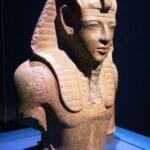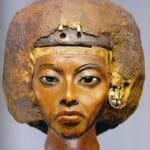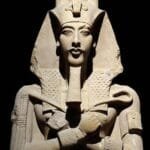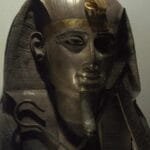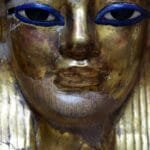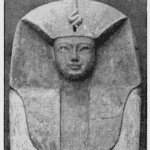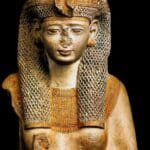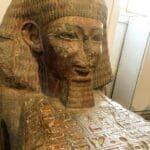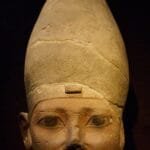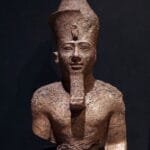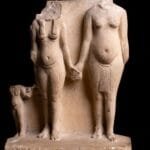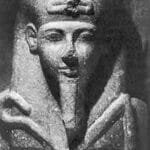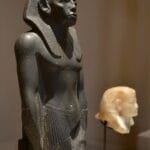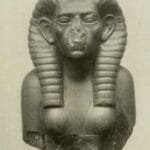Egypt Tour Magic
Each tour type can be adjusted in terms of duration, activities, and accommodations to best meet the needs and interests of your clients.
About Us
Embark on a journey with Egypt Tour Magic and discover the magic of Egypt like never before …
Our Services
Discover the magic of Egypt with Egypt Tour Magic, where every detail is taken care of to ensure..
Our Team
At Egypt Tour Magic, our dedicated team is passionate about creating unforgettable travel experiences....
Refund and Returns Policy
At Egypt Tour Magic, we strive to provide exceptional travel experiences. However ..
Contact Us
We’re here to help you with any questions or to assist you in planning your next ..
Egypt Tour Magic
Explore More About Us


